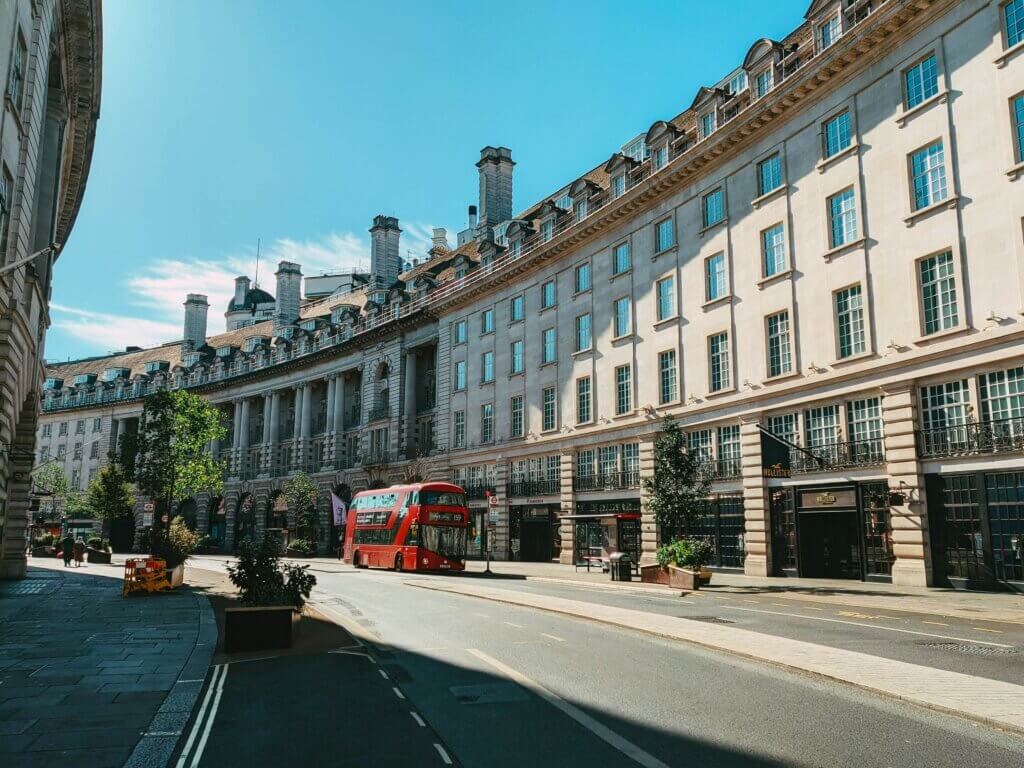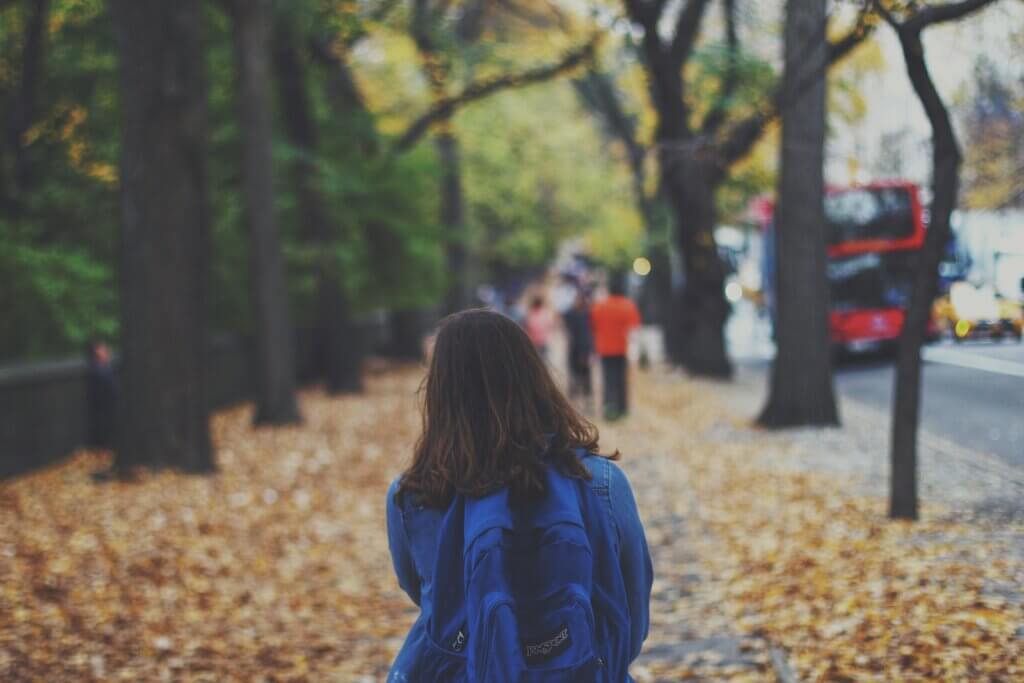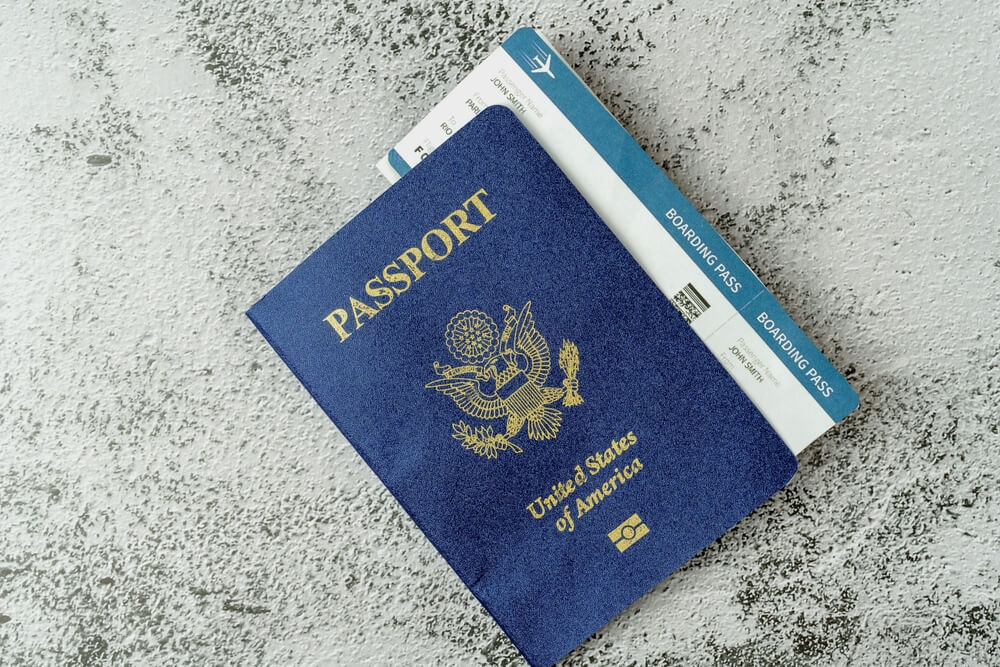Student Safety Tips for London
As in every big city in the world, safety is an important thing to think about when planning your studies in London. Whether you’re going to and from student housing in London, visiting friends, or going to university, it’s a good idea to take some measures to enjoy your time in the city while being secure.
Whether you’re a local, a visitor, or a student, London is a secure city to visit. London has a lower crime rate than several well-known cities around the continent, according to the European City Crime Index Survey by Numbeo.
According to data from the British Council’s Education Intelligence Unit, safety is the fifth most significant factor that affects where a student decides to study. This study says that the UK is the safest place for international students to live. This is because there isn’t a culture of guns, the healthcare system is good, and London has a lot of different cultures.
We can all agree that studying abroad can be a great and enjoyable experience, so you should make the most of it. When planning to study abroad, there are a few risks you should be aware of in addition to having a great time. Here are some Student Safety Tips for London to help you stay safe during your studies.
Transport

Make sure you are familiar with your bus route and schedule before setting off for your destination. As an alternative, taxis are a convenient method to travel home after dark and at a late hour. Always have the taxi company’s phone number handy. All taxis in the UK have running metres that display the fare.
When using the bus, make sure to be aware of your route and timetable in advance. After hours, select bus stations that are crowded and well-lit. Pick a seat near the bus driver so they can intervene if someone is bugging you. Never be afraid to move seats if someone is bothering you. During late hours, try to avoid going alone as much as possible , and exit the bus at the nearest street to your final location.
Walking Safely

Keep an eye out for people and traffic when you’re out on your own. Avoid wearing headphones or using any other distracting devices while walking. Perhaps certain places are safer than others. When heading out, seek advice on the best routes to take. Always go with a friend when you can, and stay on well-lit, busy streets at night. Avoid solitary places like parks or alleyways. If you must walk by yourself, do so with assurance and after carefully planning your route to and from your destination.
At all times, tell someone where you’re going and when you’ll be back. If you believe you are being followed, turn around and head to the closest restaurant, store, or public area. Stay away from carrying a lot of cash. In the UK, carrying weapons is prohibited, and you face legal repercussions for doing so.
Socialising

Make sure you are aware of the legal drinking age. To buy alcohol or go into a bar or club, you’ll need an ID or passport. If you go out to a bar, go with friends so that you have people you can rely on to support you if anything goes wrong. Make sure you have a plan to get home that doesn’t include drinking and driving before you go out. This might entail getting a ride from a friend, hailing a taxi, using ride-sharing, or riding the bus. Don’t take rides from strangers unless they are part of ridesharing applications. Additionally, while utilising ride-sharing applications, ensure the car’s licence plate, the driver’s name and photo, and the app’s vehicle description all match.
Drugs are harmful and illegal in the UK. Do not acquire or use any. International students who are found in drug possession may be expelled. In the UK, there are no general prohibitions on drinking in public if you are over 18. Local governments can, however, take action to restrict alcohol use in certain neighbourhoods where they feel it may be a factor in antisocial behaviour. Avert anything that can endanger your eligibility to attend school in the UK.
Residence Security

Do not allow strangers access to your apartment complex or dorm room. Please tell the building management if you are not expecting maintenance or deliveries. Additionally, this implies that you shouldn’t keep the door open for strangers. Although it may seem disrespectful, your safety while in London and the safety of your roommates or neighbours is more crucial. Avoid using the floor mat or other barriers to hold doors open so that others can enter the building uninvited. Even while you are at home, always lock your windows and doors and check via the peephole before opening the door for someone. Getting to know your neighbours can ensure that you have individuals around who can assist you in an emergency.
Keep Your Possessions Secure

When in our room, we frequently throw our phone, wallet, and other necessities around carelessly. There is nothing wrong with being casual, but protect your belongings. Instead of keeping all of your money in your wallet, keep some of it somewhere else. Alternatively, you may think about keeping cash in the wallet but keeping credit/debit cards, other crucial IDs, and other items elsewhere. It’s vital to have at least one of these on hand in case your wallet is stolen.
Personal Information

Keep your personal information secure, including your credit card, passport and NIN. You are aware that there is a global issue with identity theft. There are several types of identity theft. One prevalent type is “scams.” You can get emails from fictitious businesses requesting your personal information. Always remember that communication from your bank and credit card provider will be sincere and proper. Keep in mind that they already have your bank account and credit card details, and they will never request your password (except when you log on to your online banking site). Secondly, if someone approaches you and asks if you’d like to learn how to make money, just say “no” and turn around immediately.
In An Emergency

Call 999 right away if you are in difficulty or a witness to a crime. For police, fire, and ambulance services across the UK, dial this number. If English is not your first language, interpreters are available. If you are robbed, do not attempt to argue or fight; instead, yell or blow a whistle to draw attention to your predicament. If you are assaulted, do the same. To avoid the assailant, try to distract him while protecting your body. If the assailant asks for your wallet or pocketbook, throw it away instead of handing it over and fleeing. No matter how little the offence may be, you should report it to the police.
In Conclusion
Especially if you are an international student, you should be aware of these safety tips when you study abroad. Even when studying in a safe environment like the UK, you, as a student, must take responsibility for your safety. So, it’s important to know the safety precautions that can help you avoid problems that aren’t necessary.


